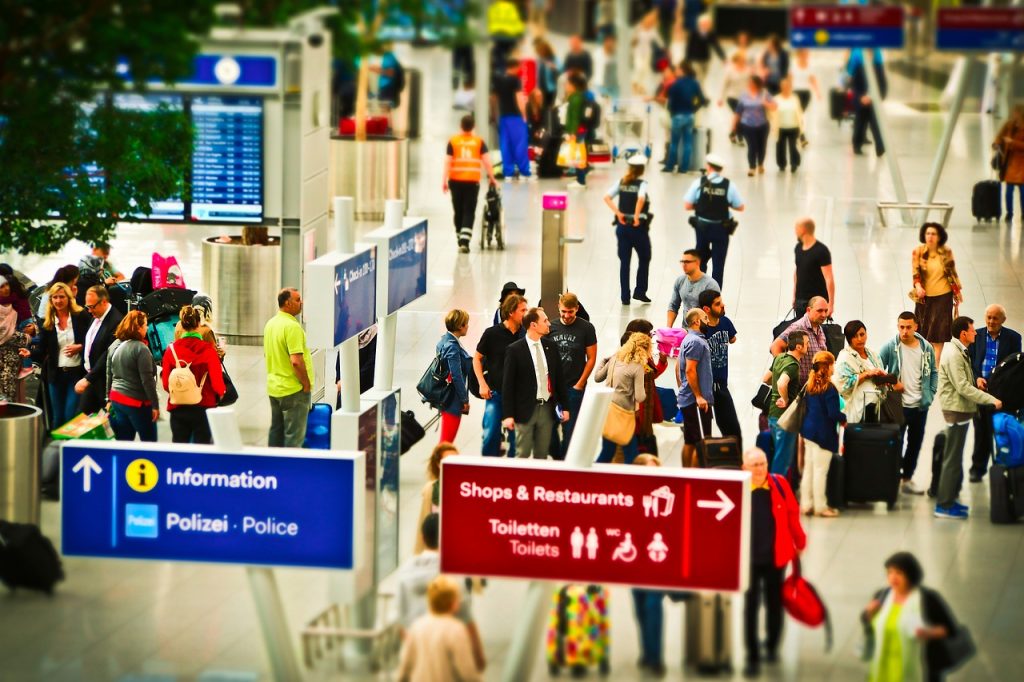
New EU border controls. News. The EU Commission has announced the start date for the new Entry/Exit System (EES). Ylva Johansson, the European Commissioner for Home Affairs, said the EES will begin on November 10, 2024. When it starts in the fall, some travelers entering the Schengen area will need to use new scanners at EU borders.
New EU border controls in 2024: Launch date confirmed
The EU’s new Entry/Exit System (EES) will launch on November 10, as confirmed by EU Home Affairs Commissioner Ylva Johansson. “The moment is finally here. There may have been times when it seemed like it would never happen, but it will. We are in the final testing phase. Carriers, operators, stations, airports, and everyone else are getting ready for the big day,” Johansson said during a visit to eu-LISA in Tallinn, the EU agency managing the IT infrastructure for the EES, according to Euronews.
The EES was initially set to launch in 2022 but has faced delays due to IT issues and problems installing the necessary automatic barriers at all international land, sea, and air borders in the Schengen area. When it starts in the fall, non-EU travelers entering the Schengen area will encounter new border checks.
Read also: Get Your Train Tickets for Less Than 8 Euros! Limited Time Offer from Deutsche Bahn
What is the ESS and how will it affect foreigners entering the EU?
The Entry/Exit System (EES) is an automated IT system that will track UK and other non-EU travelers entering the EU for short stays, regardless of their visa status. It will be used at all EU member states except Cyprus and Ireland, as well as four non-EU Schengen countries: Iceland, Liechtenstein, Norway, and Switzerland.
The system will replace manual passport stamping and record travelers’ names, travel document types, biometric data (fingerprints and facial images), and the dates and places of entry and exit from the EU. It will also track entry refusals. The main goals of the system are to modernize border management, prevent irregular migration, and enhance the protection of European citizens, among other objectives.
Read also: Lufthansa Ends Free Service, Passengers Will Now Be Charged
The EES will also help identify overstayers and those trying to enter the EU with forged documents. With its launch, all foreigners will need to register in the system. Traveler data will be securely stored for three years, so travelers won’t have to go through the check-in process every time they enter or leave the EU.
